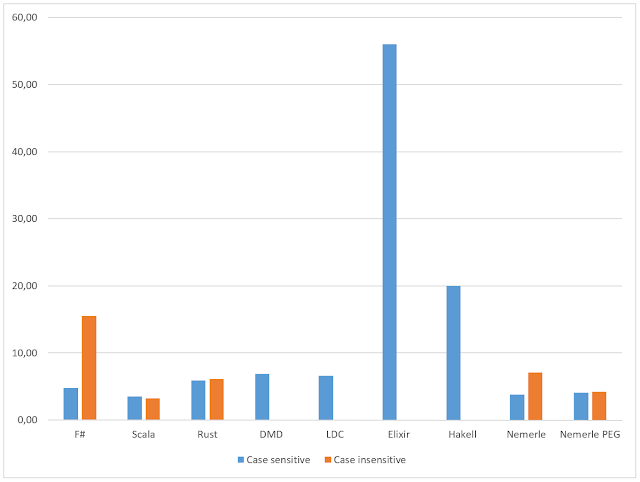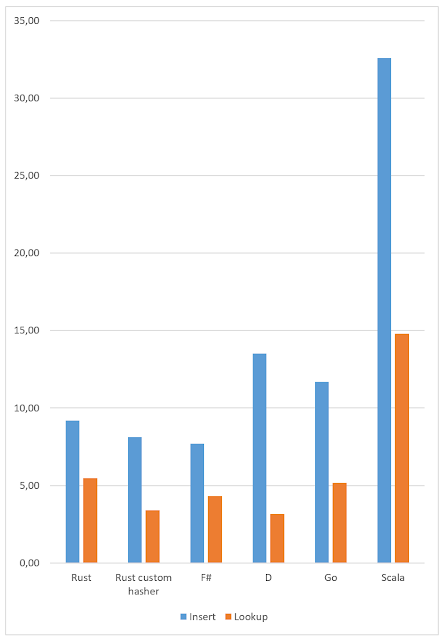Why .NET Events Suck
The .NET events are so common that almost nobody even thinks to consider practical alternatives to them. And that's a mistake. I'm going to show how much interfaces are better in OO sense.
Consider two simple implementations of a very common Listener scenario where one class is "listening" another for some useful events.
First, .NET event-based version:
And interface-based version:
The pros of the interface-based version are:
Consider two simple implementations of a very common Listener scenario where one class is "listening" another for some useful events.
First, .NET event-based version:
And interface-based version:
The pros of the interface-based version are:
- An instance of Worker always references to a not-null WorkListener, which is great point since the Listener is its Dependency.
- ...and Worker claims about that as clear as possible - via its constructor. It's not possible to create a Worker without a valid instance of a class implementing WorkListener.
- It's absolutely clear at a glance that AnotherClass plays WorkListener role. In the even-based version all we have is just a public method with a rather weird (in context of the rest class's public interface) name and semantic (Work's Done? What work? Who is call it? When?).
- AnotherClass.WorkDone() is private which is a good thing - AnotherClass's public interface is not polluted with a method that's not a class's responsibility.
- It's not multicasting. However, it's rarely the case when multicasting is really needed.



Comments